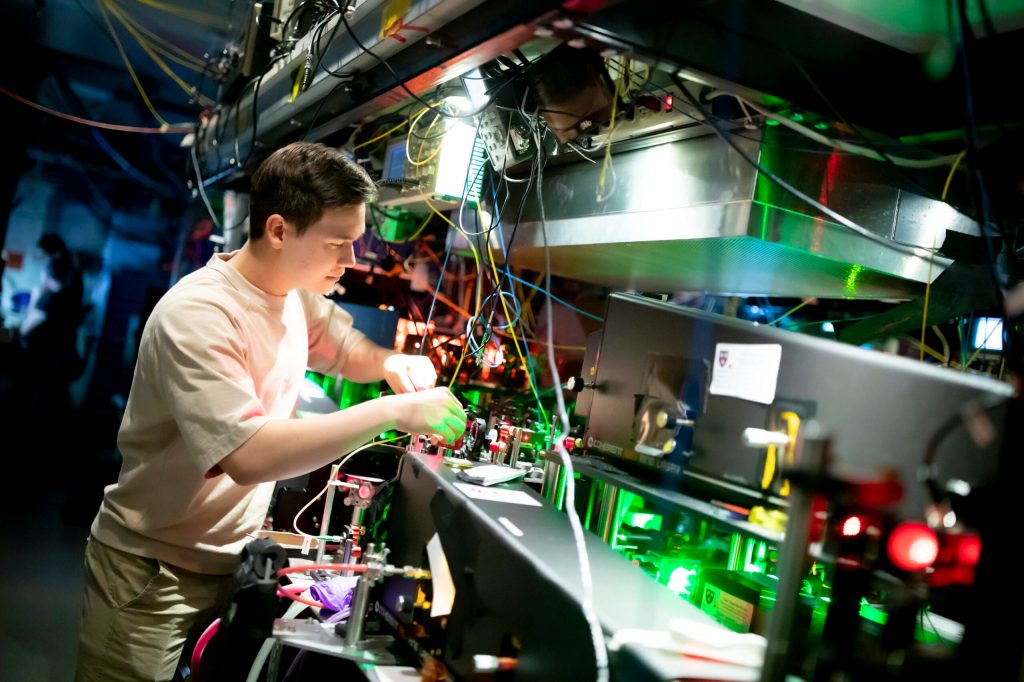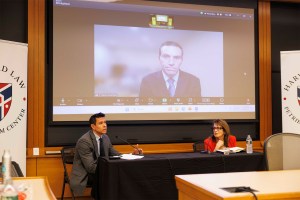Science & Tech
-

Harsh past might bare its teeth
Early adversity leads to higher aggression and fearfulness in adult canines, study says

-

What will AI mean for humanity?
Scholars from range of disciplines see red flags, possibilities ahead
-

‘Human exceptionalism is at the root of the ecological crisis’
Saving the planet requires getting over ourselves, argues author of ‘The Arrogant Ape’
-
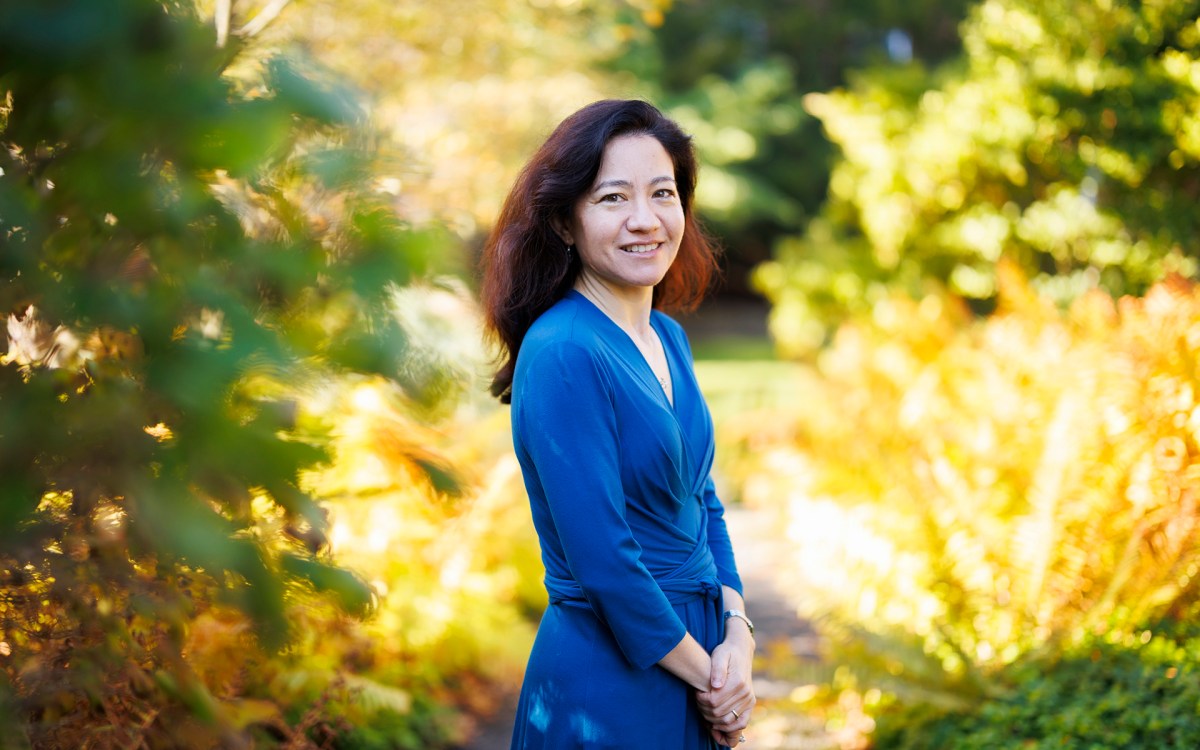
Lauren Williams awarded MacArthur ‘genius grant’
Math professor honored for theoretical breakthroughs with sometimes surprising applications across phenomena such as tsunamis, traffic
-
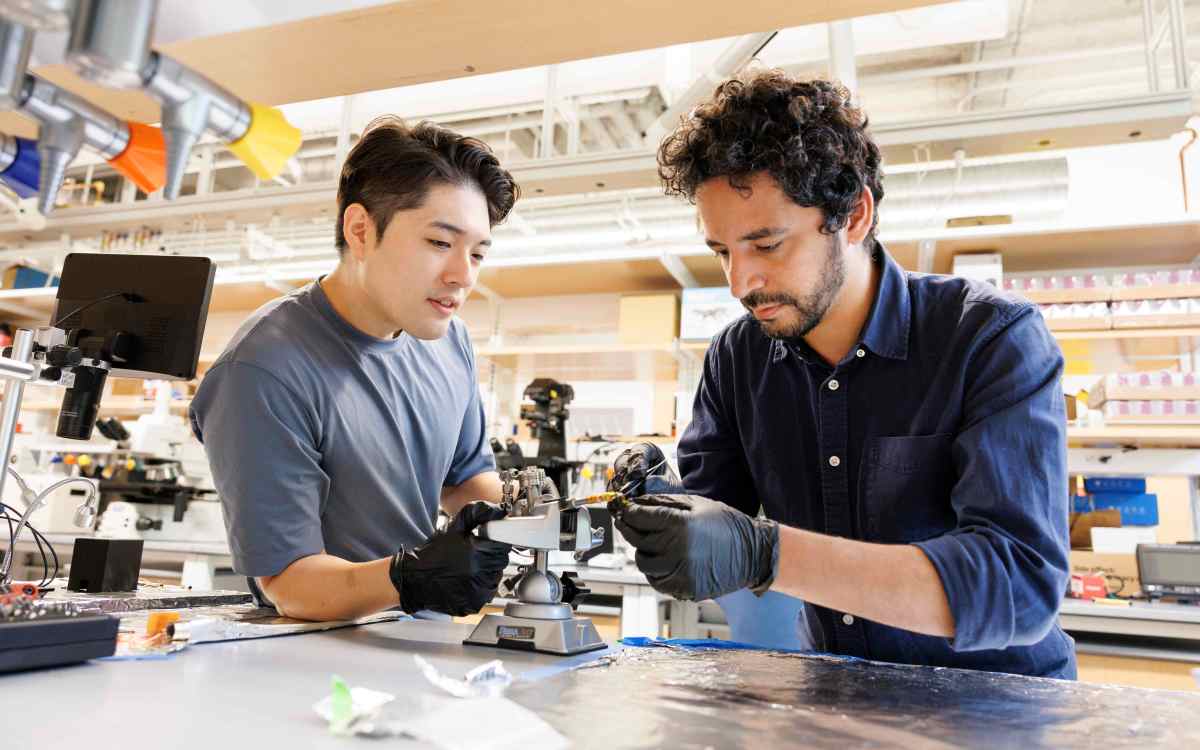
-
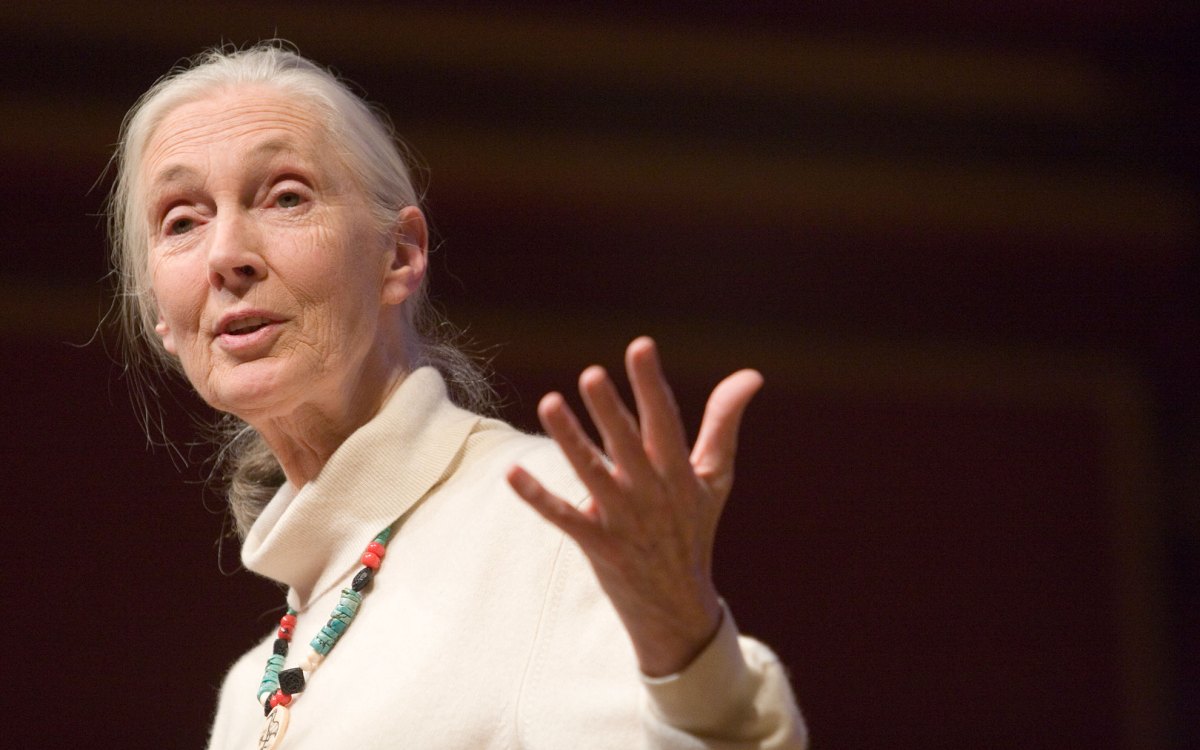
‘She had a sense of caring for everybody that she encountered.’
Richard Wrangham remembers his teacher and colleague Jane Goodall as a force of science, empathy, and hope
-
‘Croco-salamander’ bones offer clues to how early animals emerged from water
A study overturns the long-held belief that ancient species grew at slow, steady pace, and offers insights into human maturation.
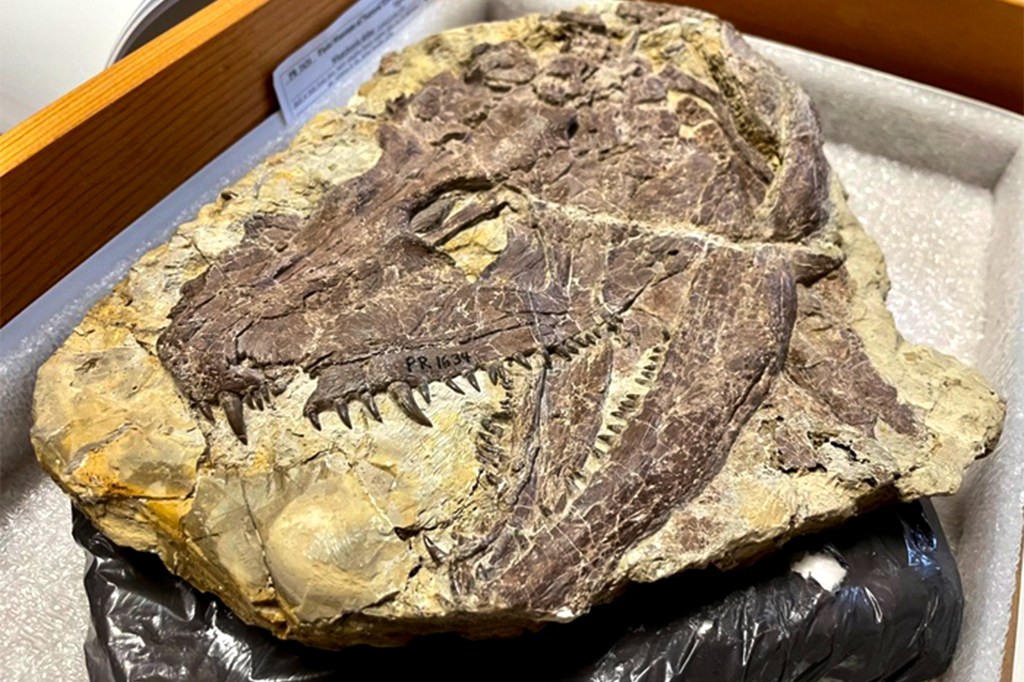
-
Why elephants have bigger bones
During a virtual Harvard Science Book Talk, Raghuveer Parthasarathy examines the mysteries covered in his new book, “So Simple a Beginning: How Four Physical Principles Shape Our Living World.”
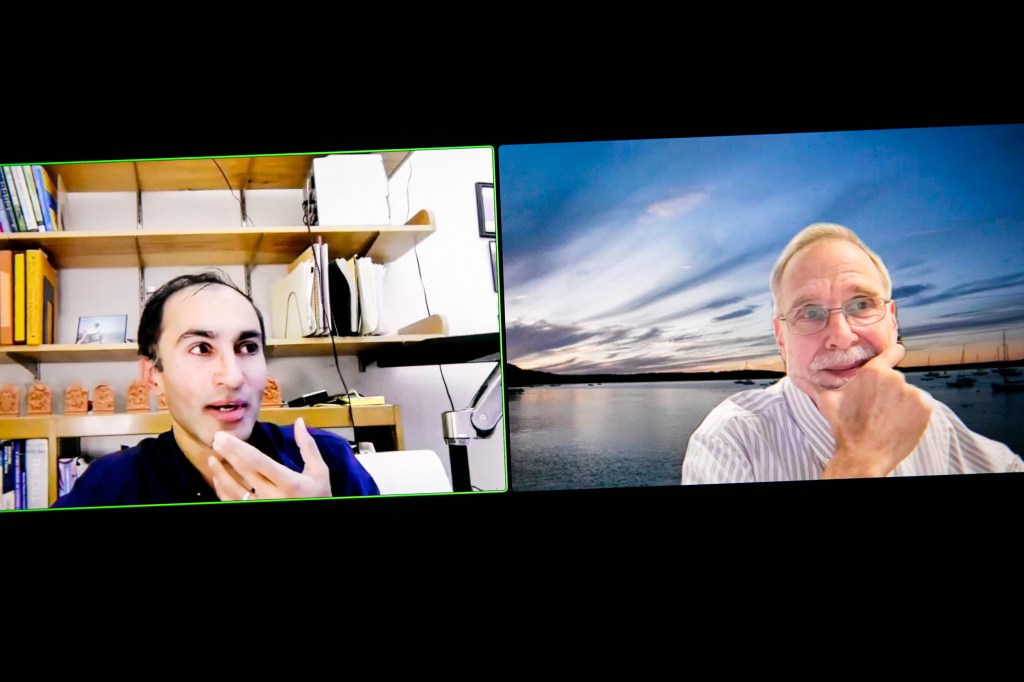
-
Raising health care’s climate voice
The health impacts of climate change are gaining greater recognition, but the most important thing, one expert said, is to keep telling people’s stories.
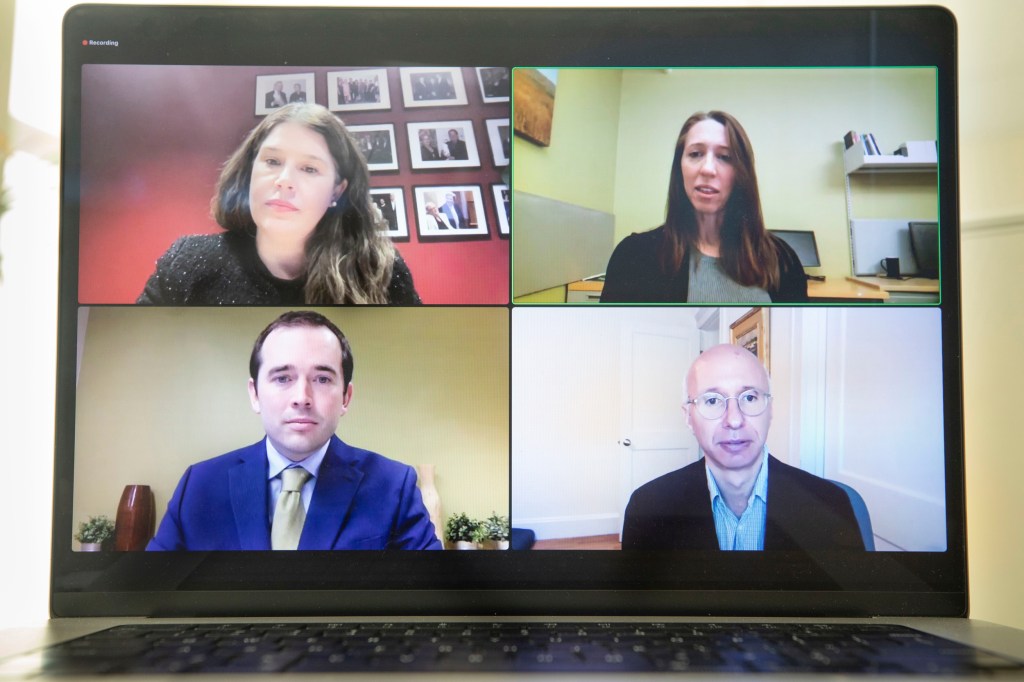
-
Glimmers of movement, hope at COP27
The most significant climate change action during COP27 this month occurred thousands of miles away, in Bali, Indonesia, when the U.S. and China agreed to restart what had been a successful partnership to cut globe warming emissions before the two nations’ relations soured in recent years.
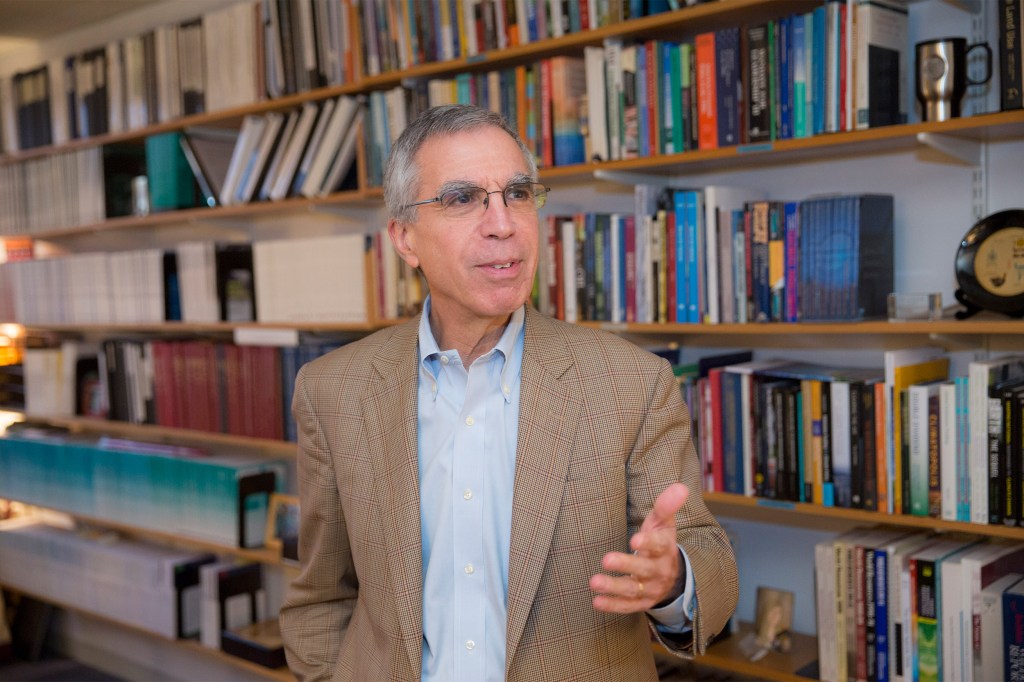
-
How big brains are made
How squid and octopus get their big brains.
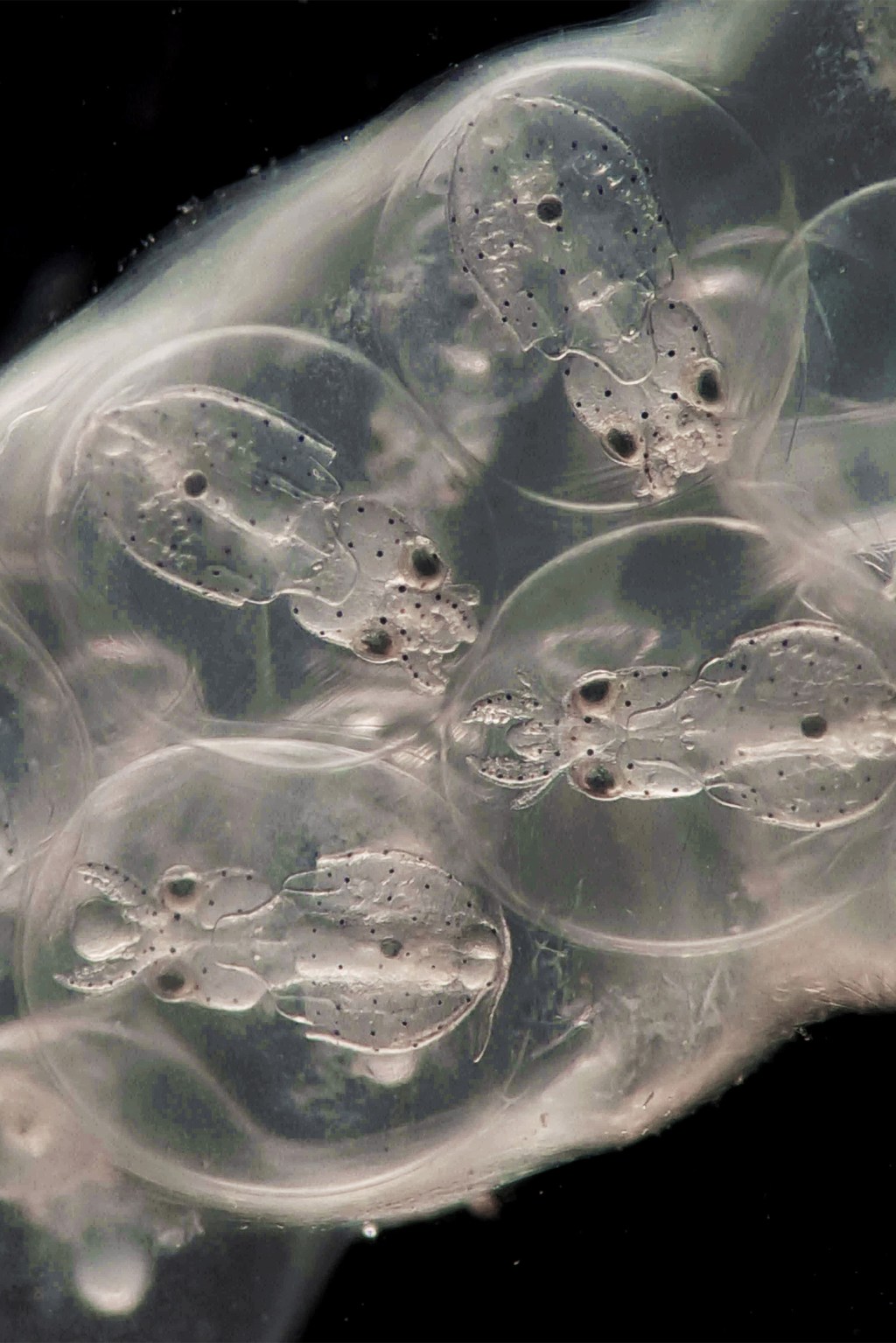
-
New generation of quantum realm explorers
This semester, 11 students have been settling in as the first-ever cohort in the Harvard quantum science and engineering program.
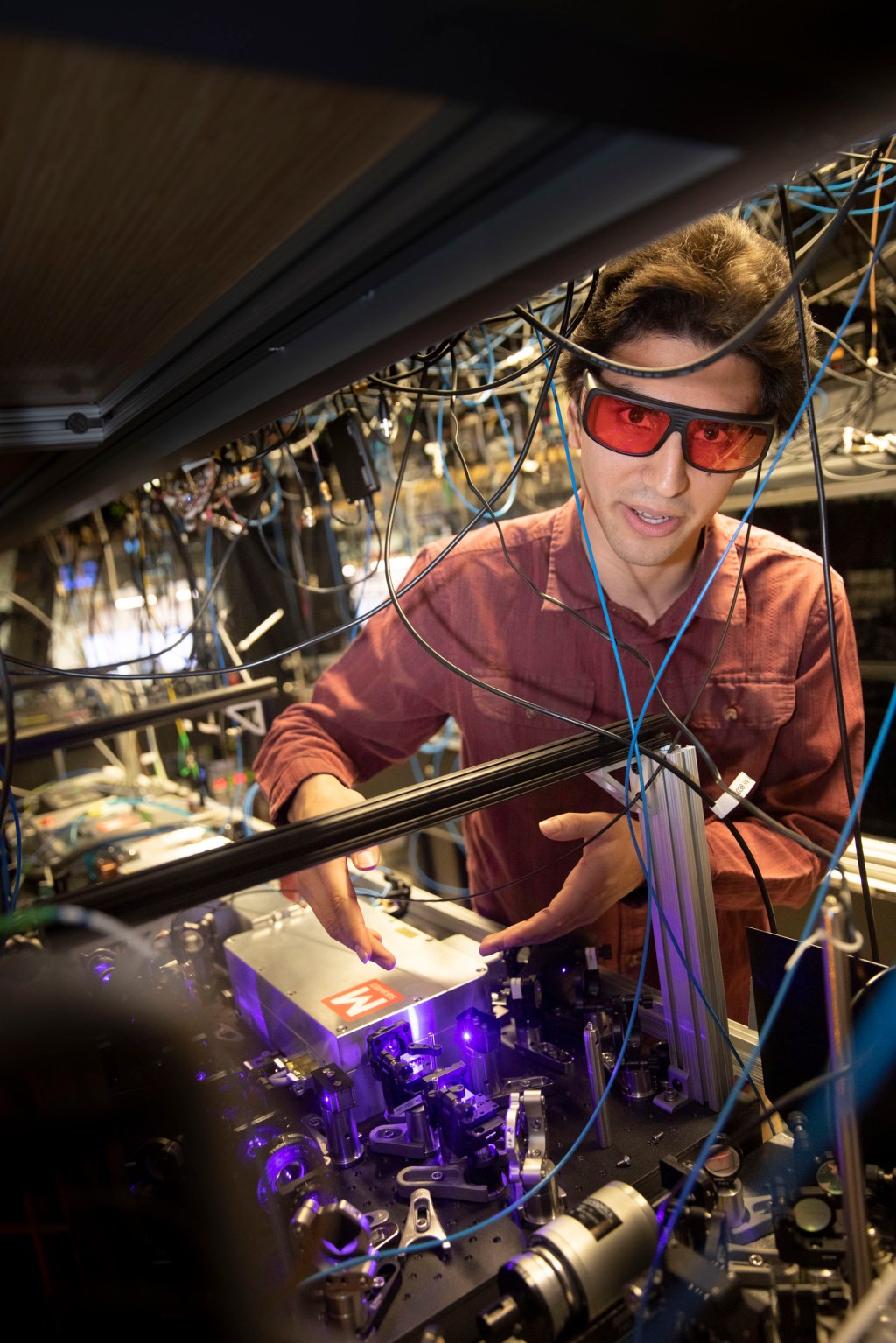
-
New England forests, new strategies can offset most regional emissions over 30 years, report says
Study looks at how forests in New England can be better utilized in the fight against climate change.

-
The myth of the ‘math person’
Anxiety illuminated by author and Radcliffe grad Sheila Tobias resonates with students, teachers almost 50 years later.
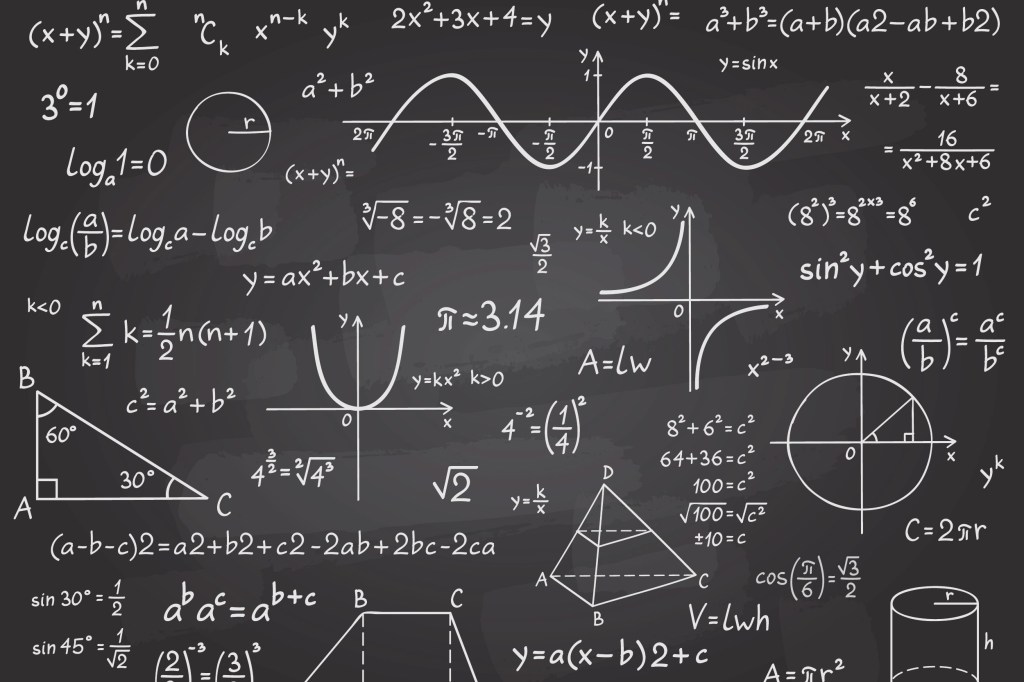
-
What’s the dog doing now?
Students in the class examine a range of dog behaviors, how they evolved, and how they relate to human behavior.
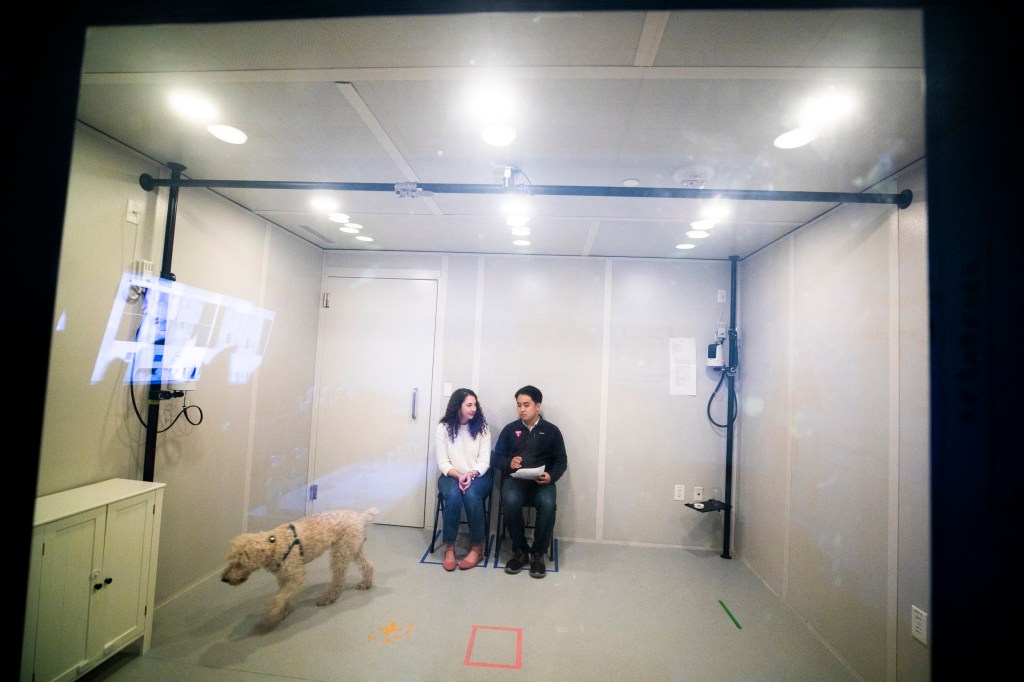
-
Applying cloud computing to major global problems
New alliance between Harvard Data Science Initiative and Amazon Web Services set to transform how faculty use data to solve the world’s biggest problems.
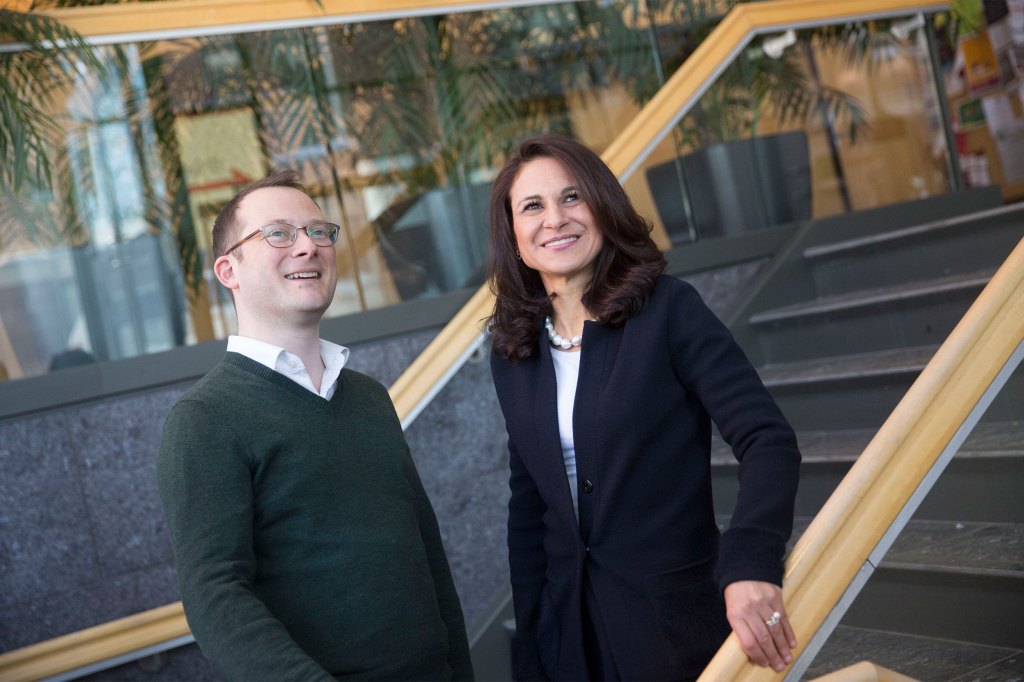
-
How to spot a gerrymandered district? Compare it to fair ones.
Harvard team’s tool maps out thousands of nonpartisan options, simulates outcomes, holds up results to those of proposed plans.
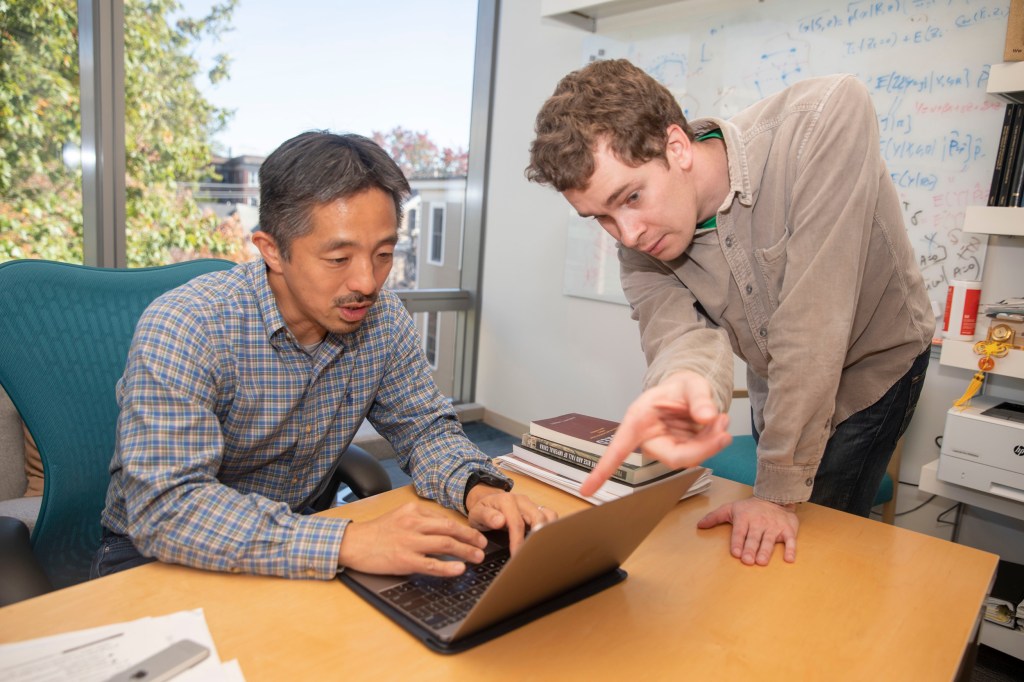
-
A global beacon on climate change
Salata Institute for Climate and Sustainability casts off with University-wide, interdisciplinary approach to begin finding real solutions to existential crisis .
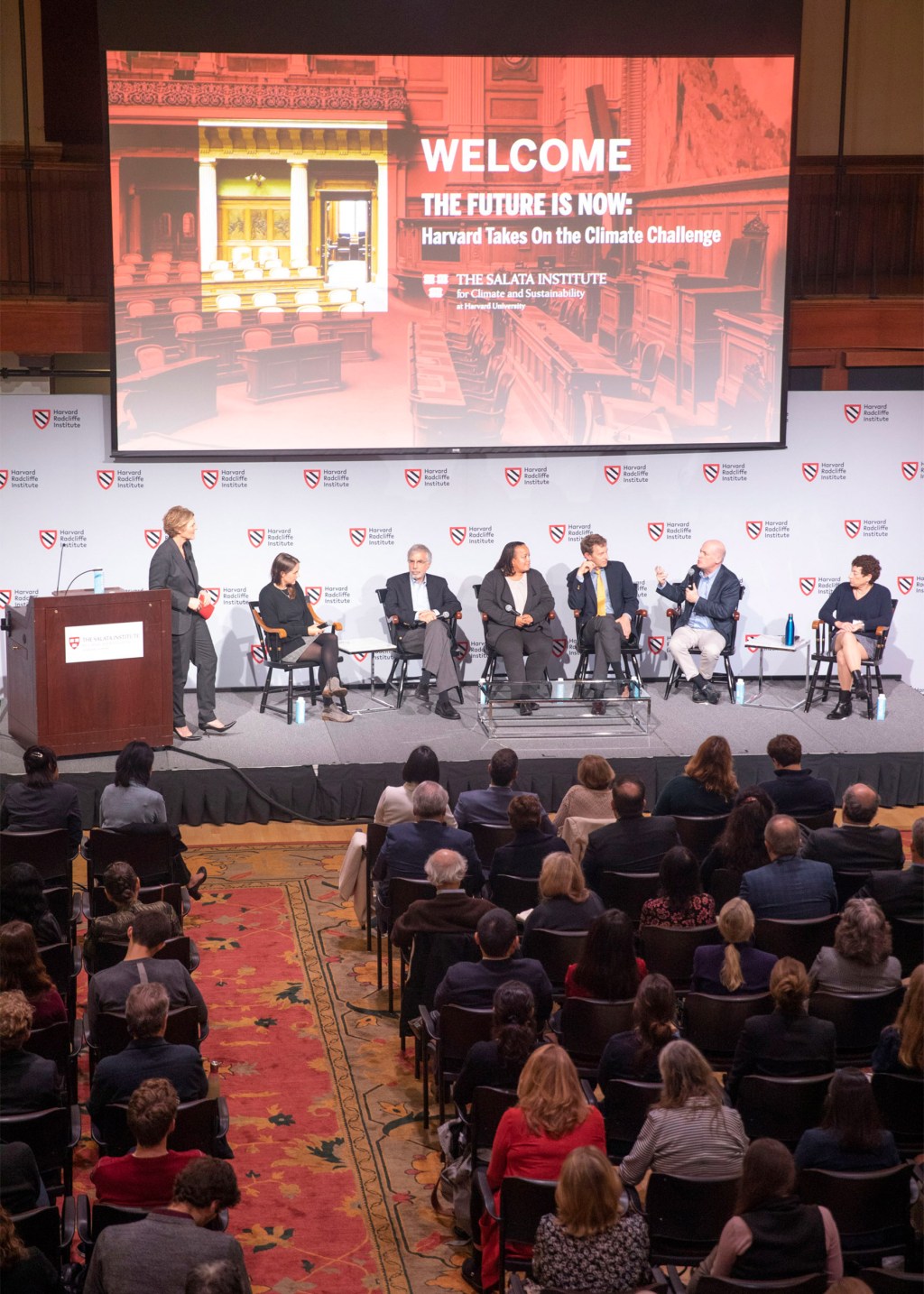
-
Mystery of dark matter — and search for WIMP
MIT’s Peter Fisher details his new book, “What Is Dark Matter?,” at Harvard science event.
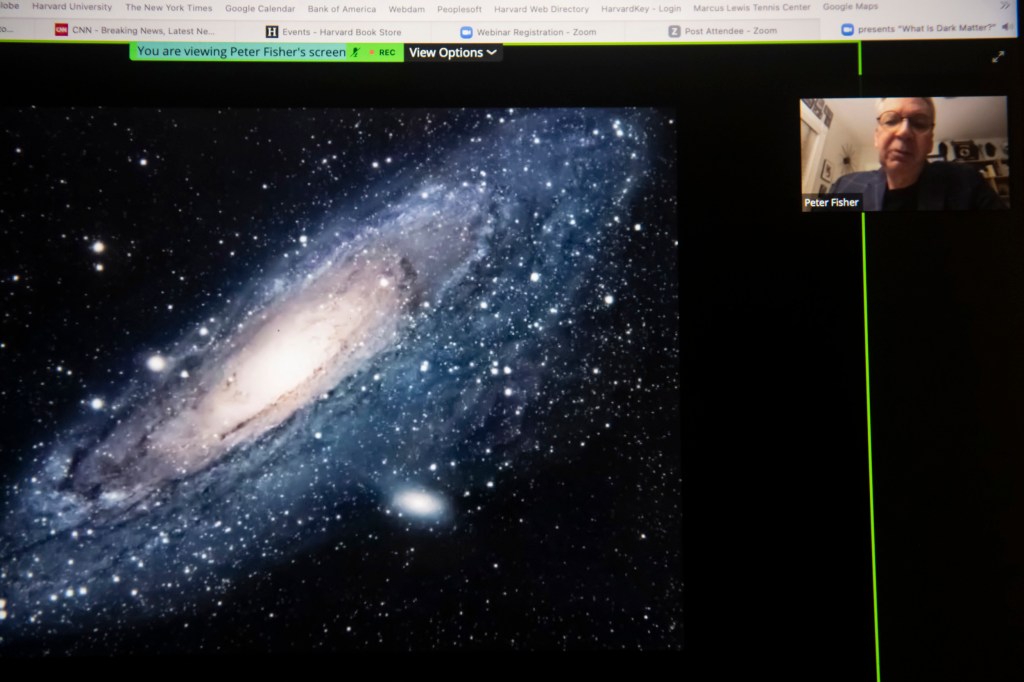
-
Climate opportunities in U.S. and around the world, but not enough action
Climate as a technological, intergovernmental, and people problem: experts gather at Radcliffe to discuss climate change.
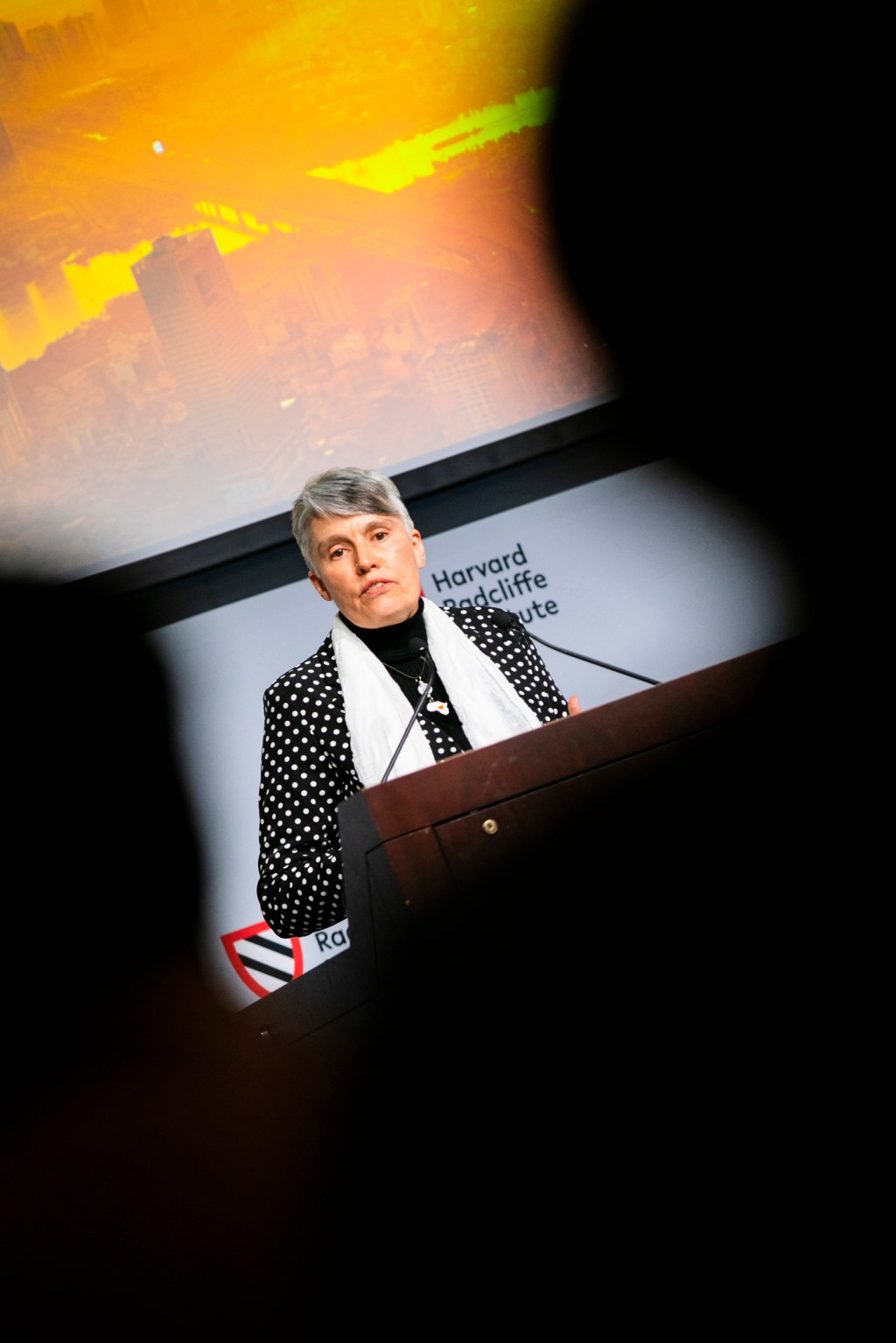
-
Launching Salata Institute to marshal Harvard resources to fight climate crisis
Jim Stock discusses climate and sustainability mission and goals as the University community marks the launch of the Salata Institute.
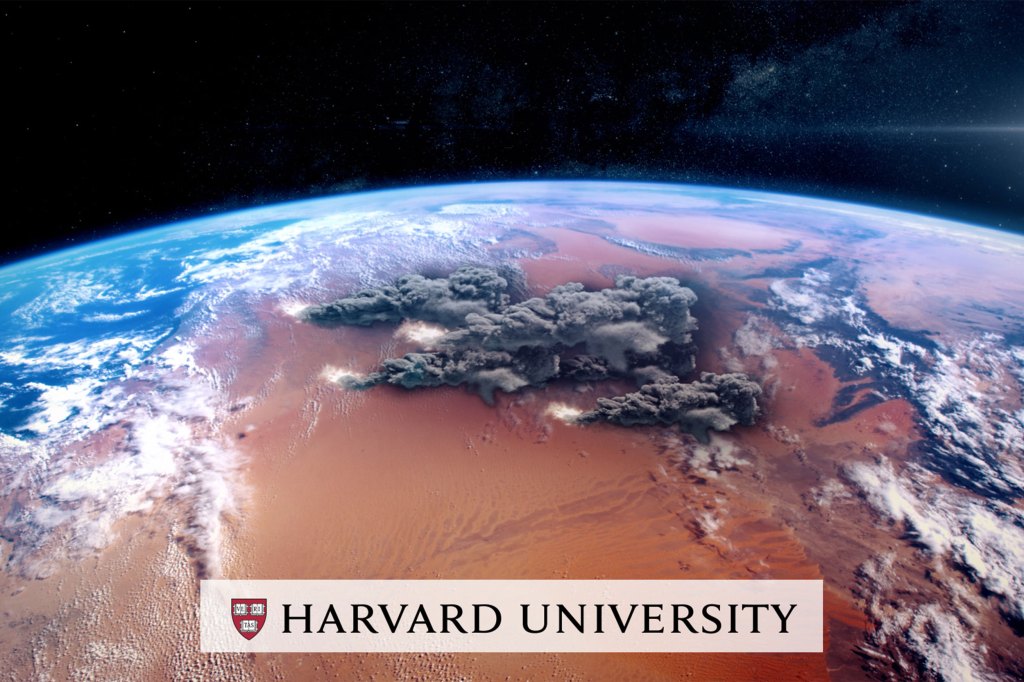
-
Laying geological groundwork for life on Earth
Scientists detect fast-moving plate tectonics and flipped magnetic poles on early Earth.
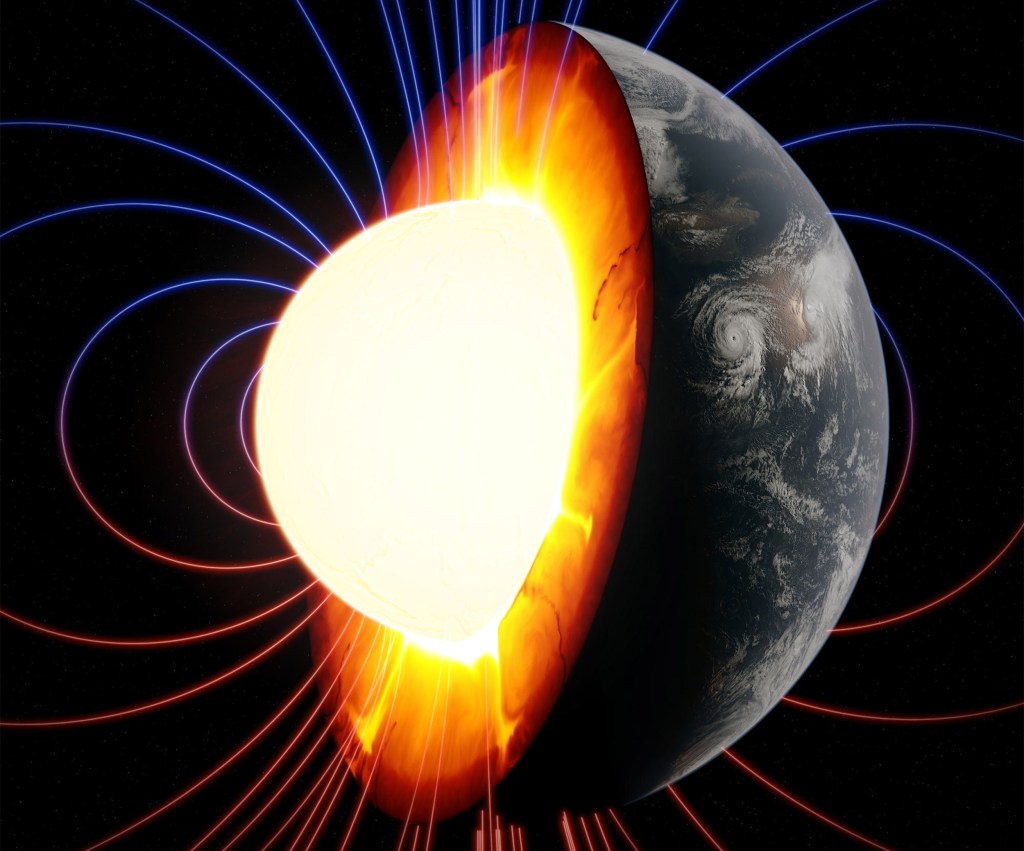
-
Aramont Fellowships spotlight and support pathbreaking initiatives
Aramont Fellows’ research seeks solutions to Chagas disease transmission, preterm births, and head and neck cancers.
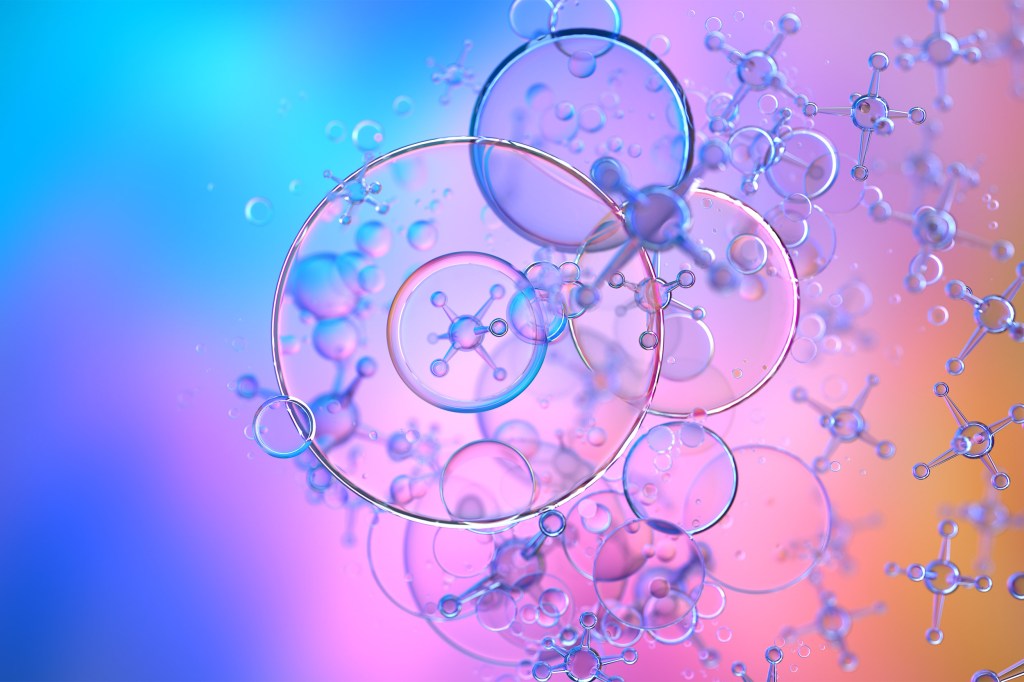
-
Might be a balmy paradise. Might be a face-melting wasteland.
Harvard and MIT researchers warn that opacity models need to be improved to accurately interpret data from the James Webb Space Telescope.
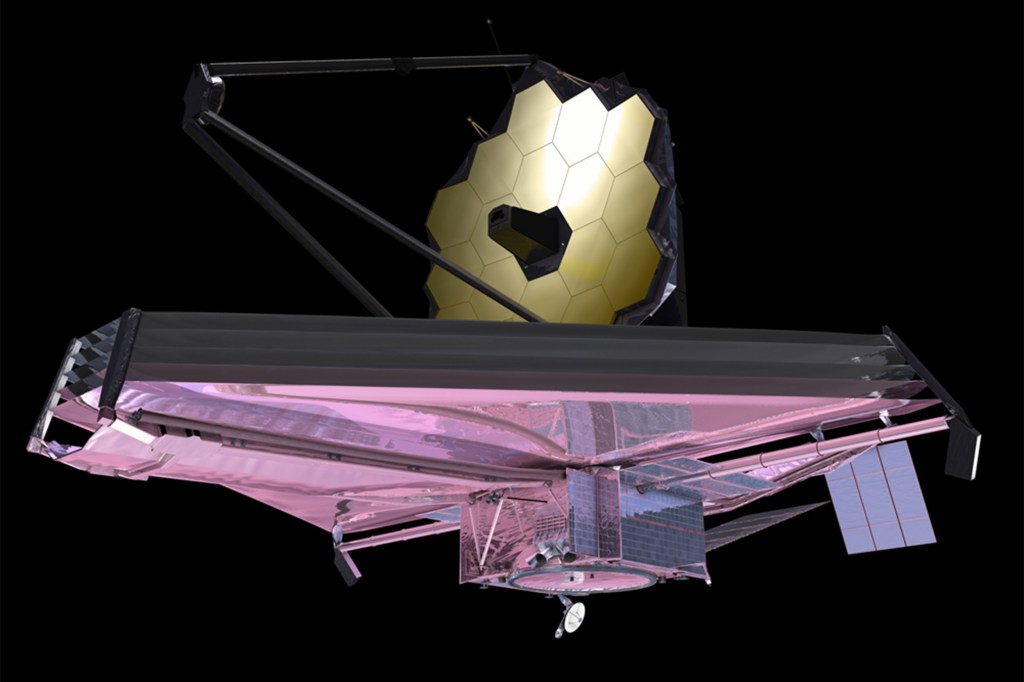
-
Most precise accounting yet of dark energy and dark matter
Analyzing more than two decades’ worth of supernova explosions, astrophysicists now have the most precise limits yet on the composition and evolution of the universe.
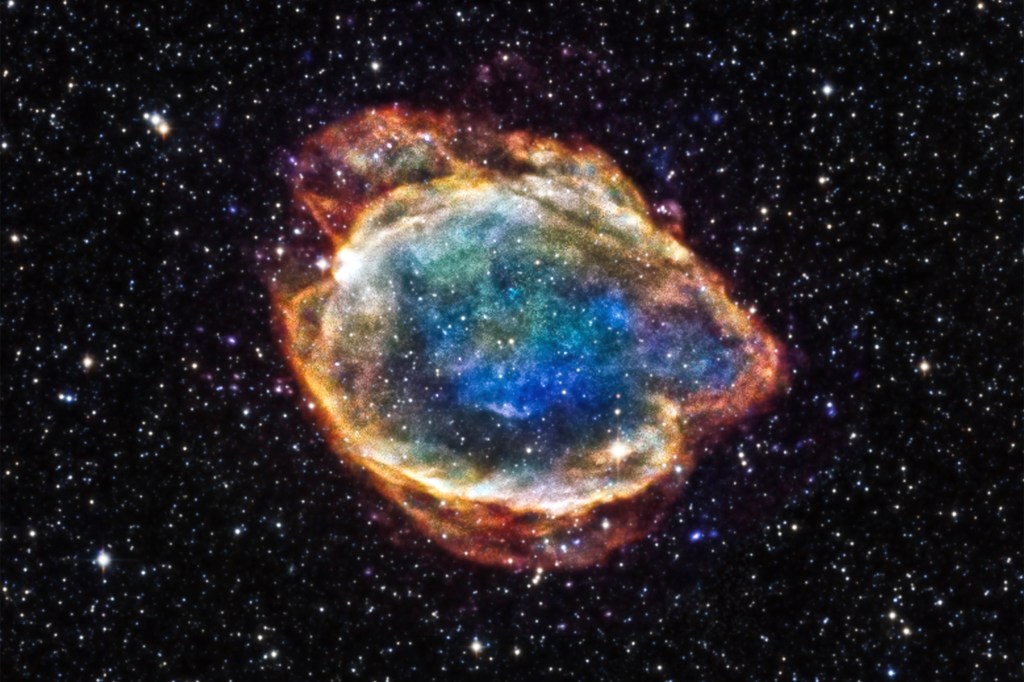
-
Take lesson on barbecue, sprinkle liberally with thermodynamics
The best thing about learning science through barbecue is the flavor.

-
Legendary Battle of Himera was triumph of Greek heroism, kind of
Genomic look at remains suggests victorious army got hand from substantial number of foreign mercenaries.
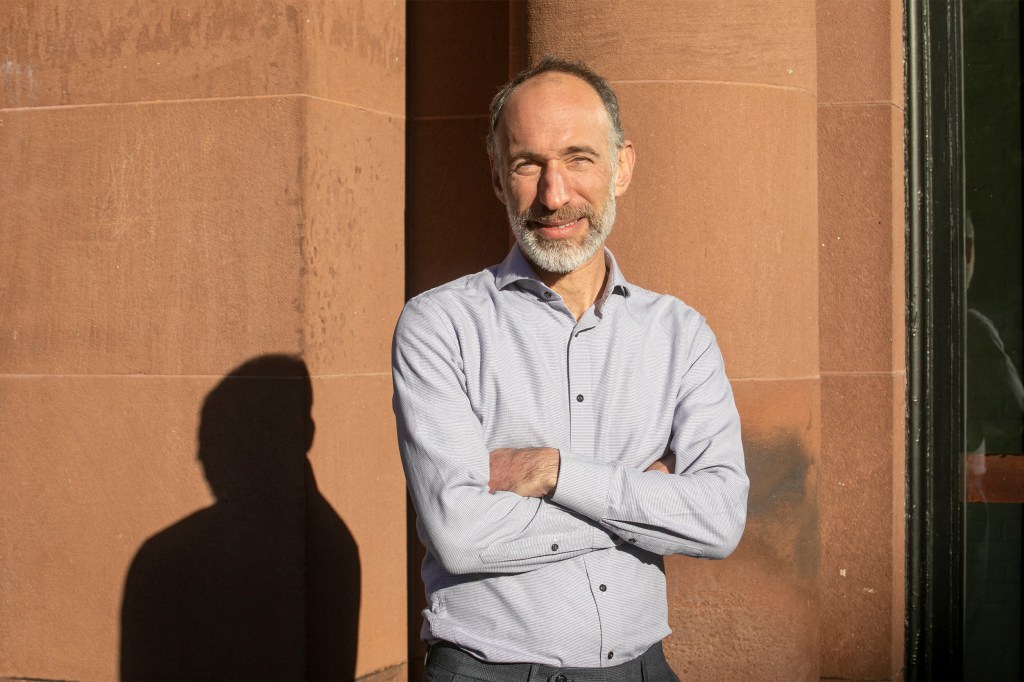
-
Black hole burps up shredded star
For the first time, astronomers have observed a black hole burping up stellar remains years after it shredded and consumed the star.
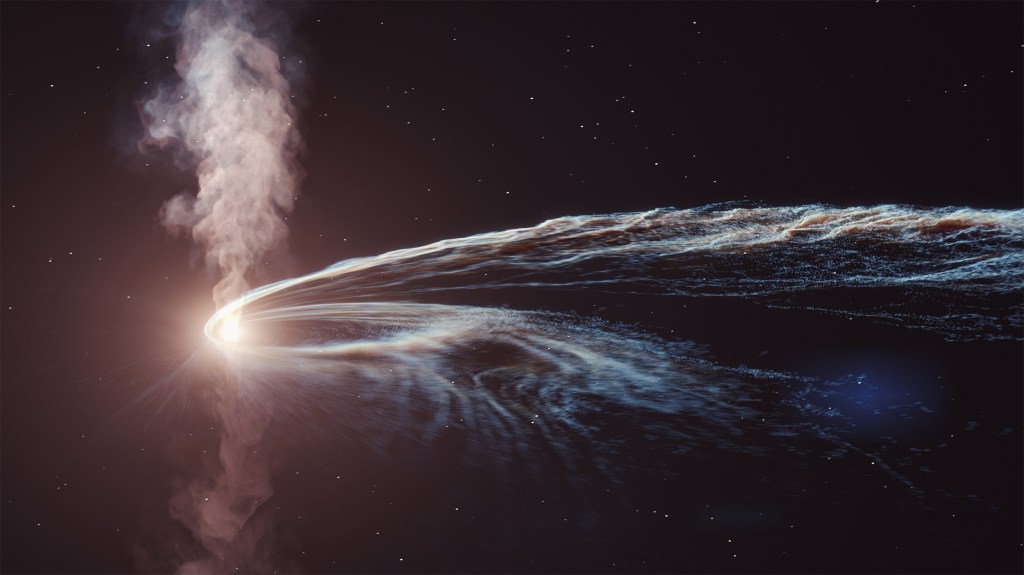
-
Better predictions on rise of oceans on warming Earth
Harvard researchers take sea level fingerprints from theory to fact.
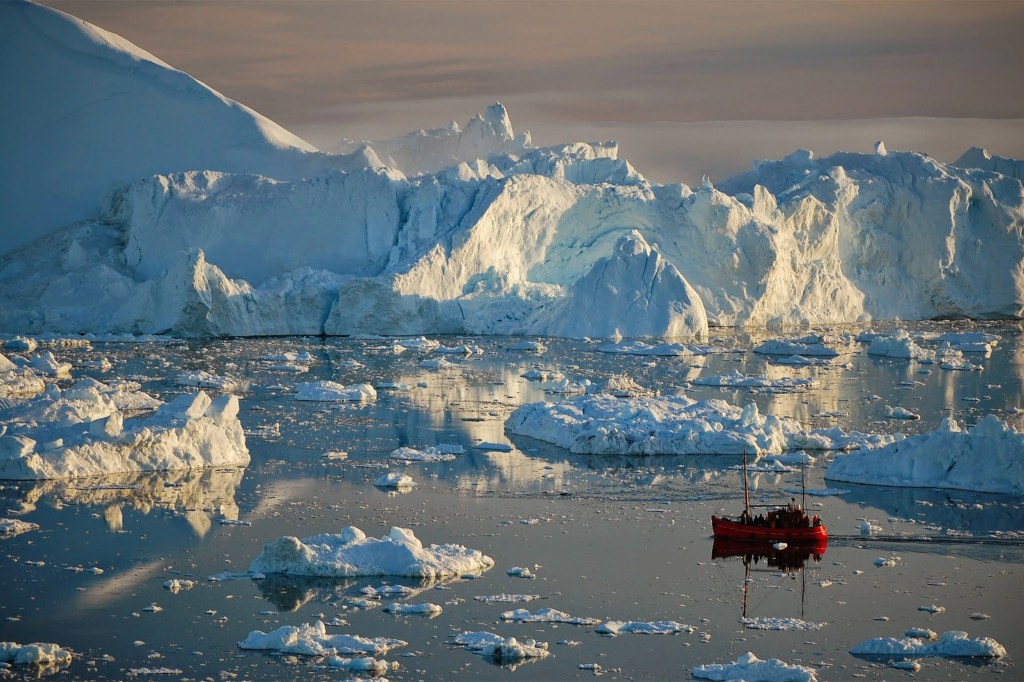
-
Want to know how cold it was in 1490? Ask a tree
Tree rings could hold clues to climate change and forest change.

-
Randall Munroe and the power of ‘What If?’
Randall Munroe is asking “What If?” again. You might like the answer.
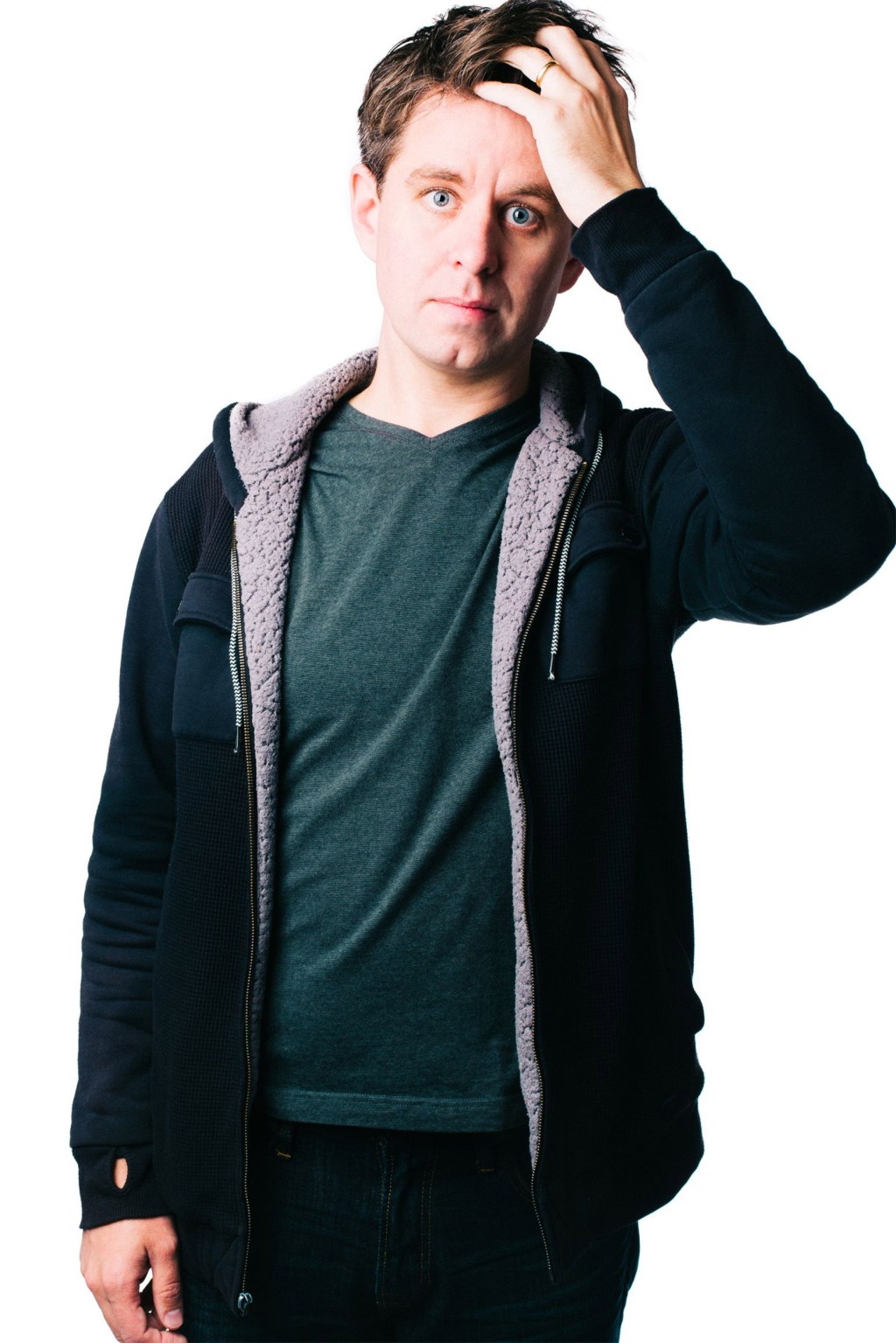
-
Harvard partners with Amazon Web Services in quantum internet push
Harvard faculty leaders explain implications for the field — and the future.
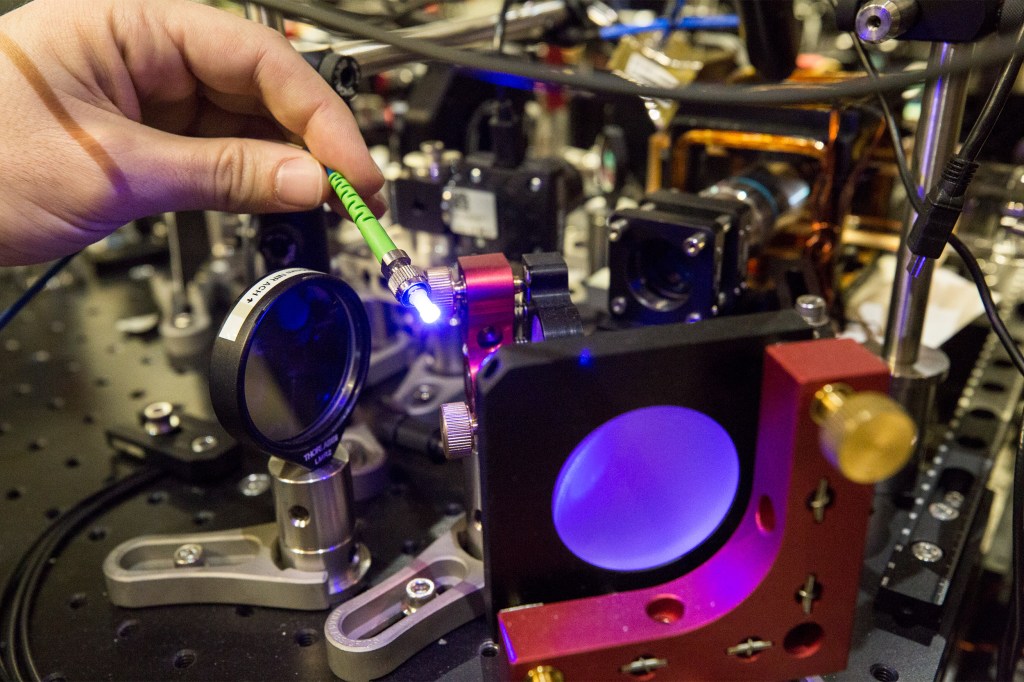
-
So you learned everything you know about sharks from a movie?
At a book talk, marine conservationist David Shiffman explained why he adores sharks and how we can help save them from extinction.
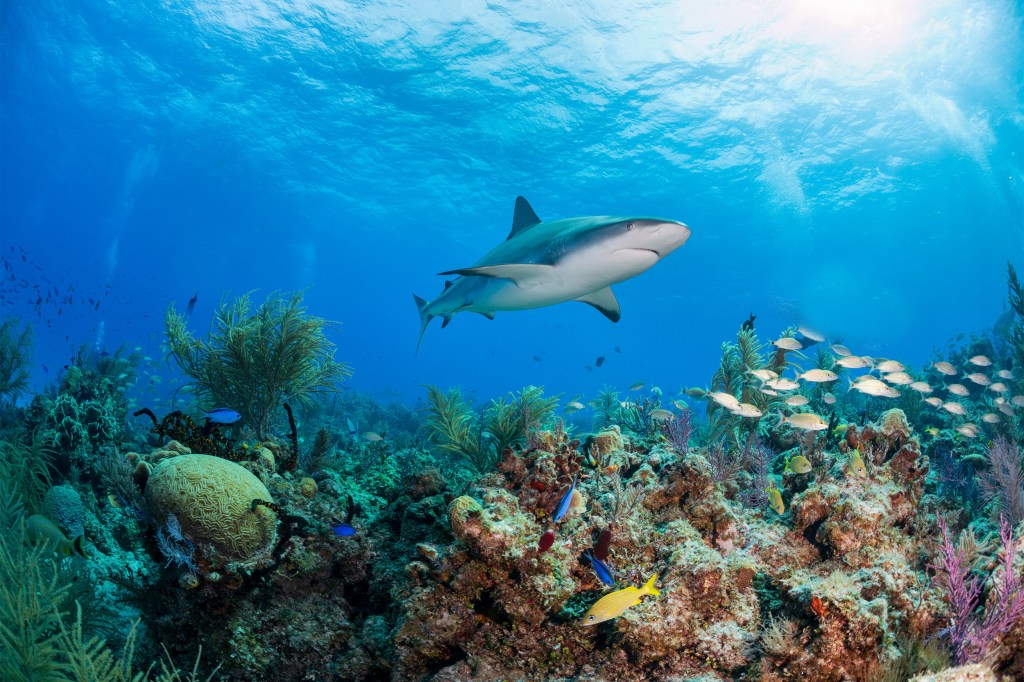
-
Designing a way to make oxygen injectable
Porous liquids hold promise as bridge therapy, game-changer for artificial blood substitutes, preserving organs for transplant.
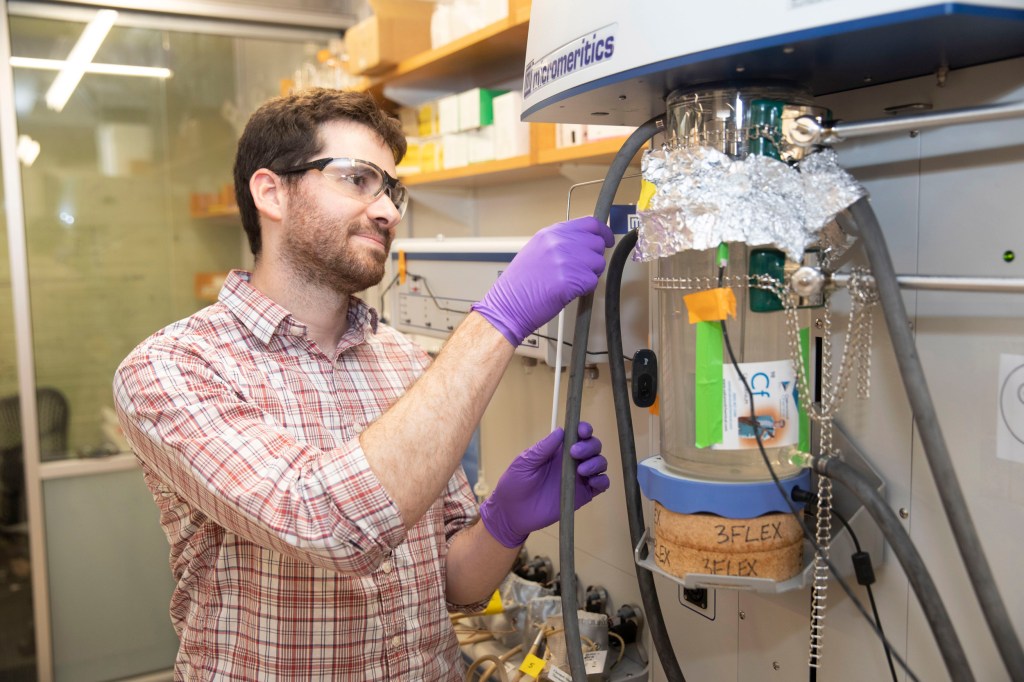
-
Why were reptiles such evolution success story?
Fast climatic shifts due to global warming coincided with high rates of morphological change in most reptiles.
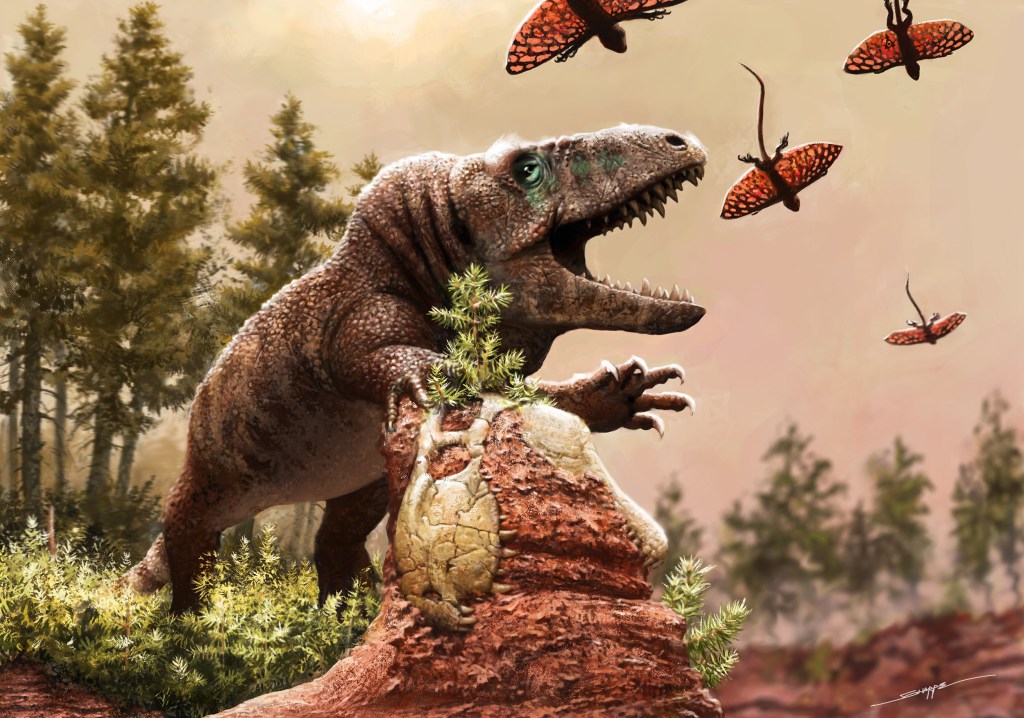
-
Look at life in lab
A summer program gives Harvard students firsthand experience with quantum research.
